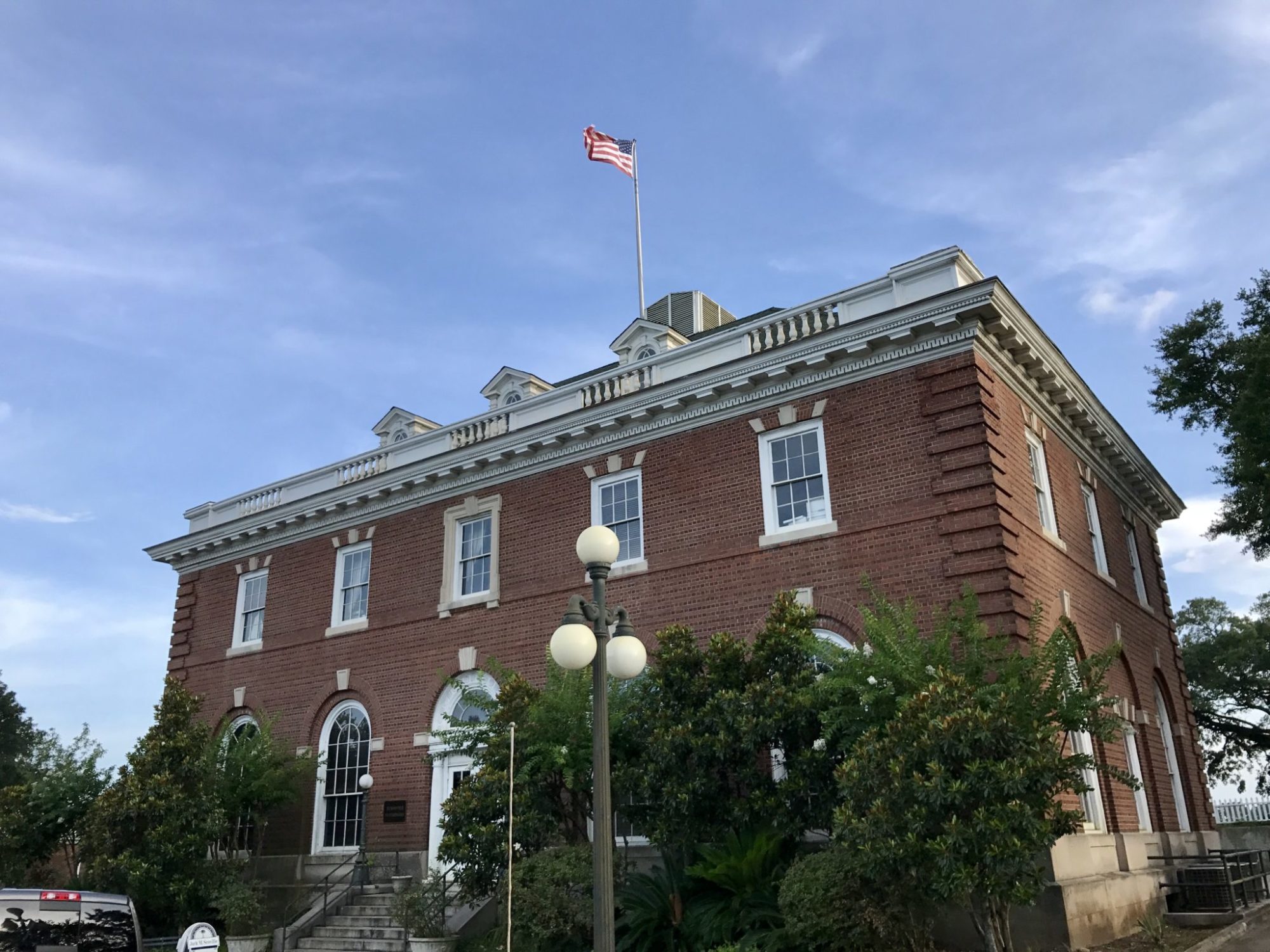How To Save Georgetown SC
ALL IS NOT LOST … Yesterday, this website posted an article detailing the cataclysmic decline You must Subscribe or log in to read the rest of this content.
ALL IS NOT LOST …
Yesterday, this website posted an article detailing the cataclysmic decline
